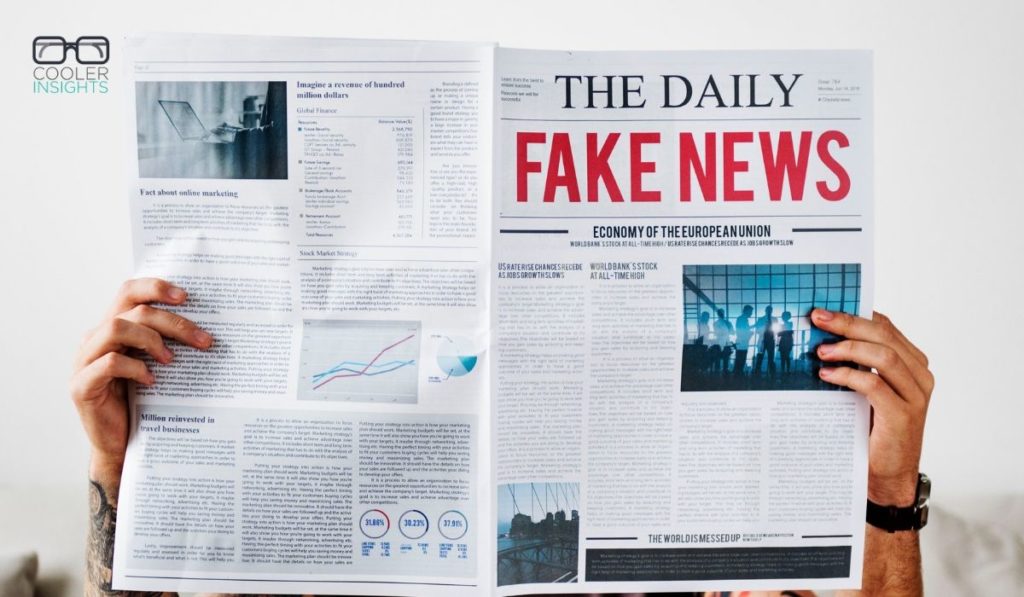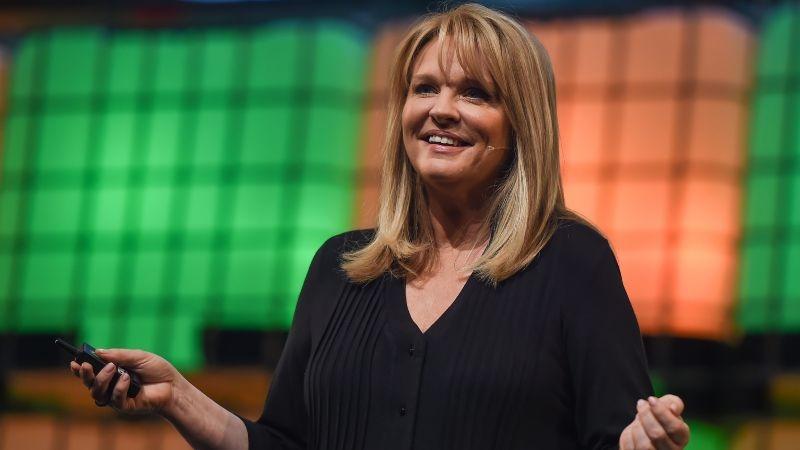
Fake news on social media is “YUGE!” And the problem is a global one that is growing by the day.
Apparently, false news from unreliable websites overtook accurate news from reliable websites in the 2016 US presidential election.

Fake news on social media is “YUGE!” And the problem is a global one that is growing by the day.
Apparently, false news from unreliable websites overtook accurate news from reliable websites in the 2016 US presidential election.

Courtesy of Mary Aiken
Mary Aiken (above) is a forensic cyberpsychologist.
A woman on a mission, she desires to change how we use emerging technology by explaining how it shapes our children and influences our behaviour and values.

I’ve done it. You’ve done it. She has done it. So did he.
What am I talking about? Well, I’m writing about the double D of Digital Drifting.
Guilty pleasures. That’s something many of us suffer from. Especially when it comes to consuming online content.
We scroll through never-ending feeds of the sizzling and sensational. From celebrity confessions, adorably cute animals, to gruesome murders, religious riots and the latest episode of “Who should we publicly shame today?”
Do you know that Safer Internet Day fell on 9 February this year?
Yep, that’s the second day of the Lunar New Year. Which was pretty cool because it resulted in a lot more positive posts online – photos of families and friends resplendent in their new clothes, mouth-watering food pics, and lots of good cheer.
 Nathalie Nahai the web psychologist (courtesy of Waggener Edstrom)
Nathalie Nahai the web psychologist (courtesy of Waggener Edstrom)
Do people behave differently online and offline? What makes us so addicted to Facebook, email and Twitter?
In an interesting podcast episode of Mitch Joel’s Six Pixels of Separation, web psychologist Nathalie Nahai, author of the book Webs of Influence, revealed how online platforms, mobile technologies and social networks converge to influence consumer behaviours.

Our greatest enemy isn’t sugar, fat or empty calories. Rather, it is the overflowing rivers of content streaming from our handheld devices, laptops and television screens.
Swirling on our smartphones like endless puffs of cotton candy, those pleasurable bits of videos, photos, text, and comics can gobble up hours of our time. Along the way, our attention spans are also torn to shreds.

Shel Israel and Robert Scoble (courtesy of Thomas Hawk)
What are the greatest forces shaping our tech-enabled lives? Give up?
Well, why not ask social media “godfathers” Robert Scoble and Shel Israel? Authors of the legendary book Naked Conversations (aka the book which got me hooked on blogging), the two gentlemen got together with Mitch Joel on his podcast to talk about their recent book Age of Context.

Courtesy of Found
Are you seeing the same old posts on Facebook? Or coming across the same old folks on your LinkedIn newsfeed?
Maybe you’ve repeatedly stumbled across uncannily accurate ads that scare the wits out of you?

Courtesy of Huffington Post
What do we call the kids these days who thrive on YouTube, Facebook, Instagram and Twitter?
How about Generation Like – a term coined by author, cyber-culture czar and media theorist Douglas Rushkoff.